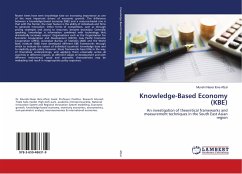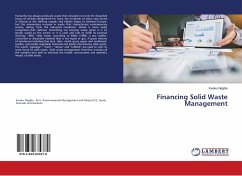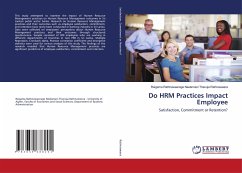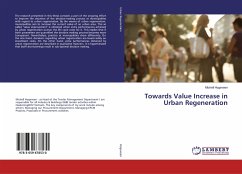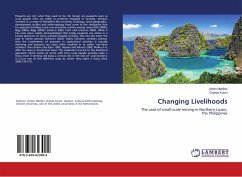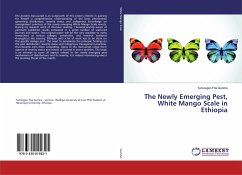Recent times have seen knowledge take on increasing importance as one of the most important drivers of economic growth. The difference between a knowledge-based economy (KBE) and a resource-based one is that with the former, the main feature is the ability of individuals and firms to generate innovation. Other forms of competition, such as through pricing strategies and access to resources, become secondary. Generally speaking, knowledge is information combined with technology that dramatically increases output. Organisations such as the Organization for Economic Cooperation and Development (OECD), Asia Pacific Economic Cooperation (APEC), Australian Bureau of Statistics (ABS) and the World Bank Institute (WBI) have developed different KBE frameworks through which to indicate the extent of individual countries' knowledge base and to implicitly guide policy. However, these frameworks have little in the way of theoretical underpinnings, and applying them universally across all countries in different regions, at different stages of development and with different institutional, social and economic characteristics may be misleading and result in inappropriate policy responses.
Bitte wählen Sie Ihr Anliegen aus.
Rechnungen
Retourenschein anfordern
Bestellstatus
Storno

